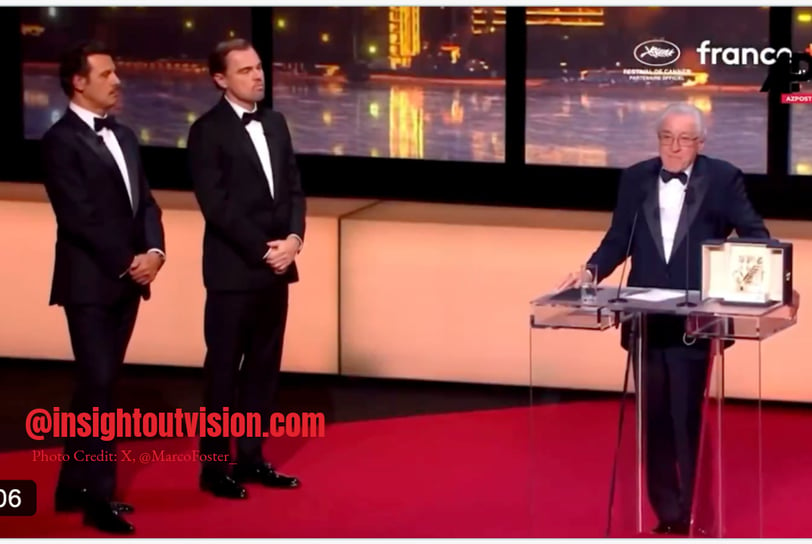Robert De Niro's Cannes Speech: A Call to Action for Democracy and the Arts
5/18/20253 min read


Robert De Niro's Cannes Speech: A Call to Action for Democracy and the Arts
Category: Community Sharing
Sub-category: Voices of Influence
At the 2025 Cannes Film Festival, Robert De Niro stood before a global audience, not just as a celebrated actor but as a fervent advocate for democracy and the arts. His acceptance speech for the honorary Palme d'Or was more than a moment of recognition; it was a powerful indictment of the current political climate in the United States and a rallying cry for action. De Niro's words resonated deeply, echoing the concerns of many who see the intersection of politics and culture as a battleground for fundamental freedoms.
De Niro began by acknowledging the fragility of democracy, stating, "In my country, we're fighting like hell for the democracy we once took for granted." This sentiment is not isolated to the U.S.; it's a global concern. The arts, he argued, are intrinsically linked to democratic values. "Art is inclusive. It brings people together. Like tonight, art looks for truth, art embraces diversity, and that's why art is a threat," he declared. This threat, according to De Niro, is why autocrats and fascists target artistic expression—to silence dissent and control narratives.
The specifics of his critique were sharp. De Niro highlighted Donald Trump's proposed 100% tariff on films produced outside the U.S., a policy that he described as an attempt to "put a price on creativity." This move, he suggested, is part of a broader attack on the arts, humanities, and education, sectors that Trump has allegedly cut funding for and undermined by appointing himself head of a premier cultural institution. "This isn't just an American problem," De Niro emphasized. "It's a global one."
His call to action was clear: "We have to act, and we have to act now, without violence but with great passion and determination. It's time for everyone who cares about liberty to organize, to protest, and when there are elections, of course, to vote." This message is a reminder that the arts are not just a reflection of society but a catalyst for change. They challenge the status quo, question authority, and foster dialogue—qualities that authoritarian regimes fear.
De Niro's speech at Cannes is a microcosm of a larger trend. Historical and contemporary examples abound where art has been suppressed by those in power. From Stalin's Socialist Realism to modern-day crackdowns on artists in Iran and Turkey, the pattern is clear: art that disrupts dominant narratives is dangerous to autocrats. Organizations like Freemuse and UNESCO have documented these violations, noting that in 2021 alone, there were 1,200 instances of artistic freedom being curtailed, including 39 murders of artists. Such statistics underscore the stakes involved.
But De Niro's message is not just about the dangers; it's about the potential for resistance. The arts community, with its global reach and influence, can be a formidable force against oppression. Festivals like Cannes, which bring together diverse voices, are platforms for this resistance. They remind us that art is not a luxury but a necessity, a space where democracy can be defended and envisioned anew.
As we reflect on De Niro's words, we must consider our own roles in this ongoing struggle. Are we, as community members, engaging with the arts in ways that promote inclusivity and truth? Are we using our voices to protest injustices and support democratic values? And crucially, are we voting in ways that reflect our commitment to these principles?
De Niro's speech at Cannes is a call to action, but it's also an invitation to dialogue. It's a reminder that the fight for democracy is not just a political battle but a cultural one. And in this fight, every voice matters.
Thought Questions:
How can we, as individuals, support the arts in ways that promote democratic values?
What role do international cultural festivals play in resisting authoritarianism?
How might the proposed tariff on foreign films impact global cultural exchange, and what can be done to mitigate these effects?
Explore deep insights on current events and growth.
Vision
Truth
hello@insightoutvision.com
+1-2236036419
© 2025. All rights reserved.
